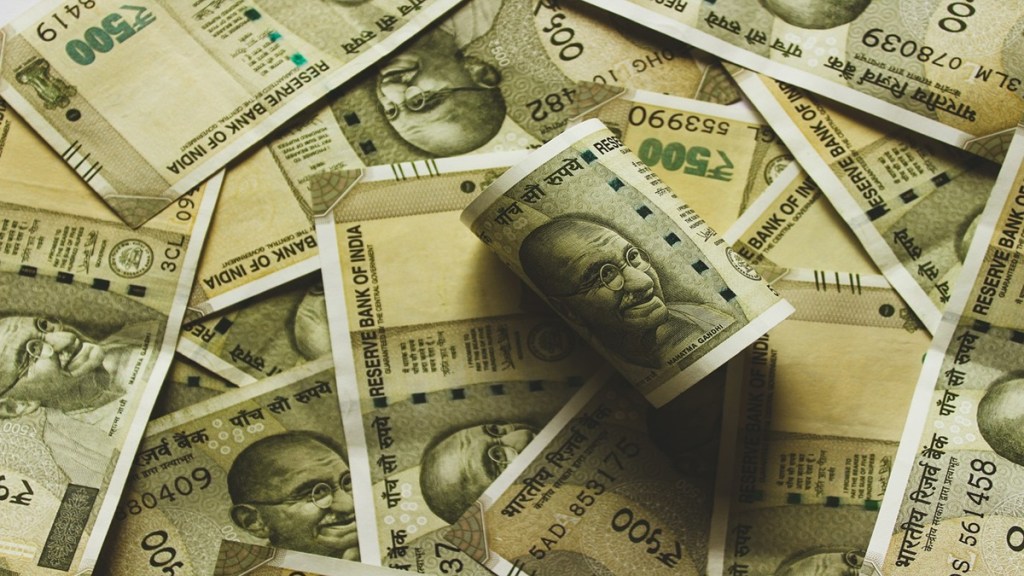With the Union Budget approaching, central government employees and pensioners are hopeful that Finance Minister Nirmala Sitharaman will address their demand for setting up the 8th Pay Commission. The Budget for FY 2025-26 is expected to be presented on February 1.
Ahead of the Budget each year, the finance ministry seeks suggestions and listens to demands from various sectors and groups. Representing crores of employees working in private and government sectors, trade union representatives recently met Sitharaman. During the customary pre-budget meeting, they pressed for several demands, including the establishment of the 8th Pay Commission for around 50 lakh central government employees and 67 lakh pensioners.
In the pre-Budget consultation meeting, Swadesh Dev Roye, National Secretary of the Centre of Indian Trade Unions (CITU), raised the issue of a new pay commission. The union leader demanded immediate setting up of the pay commission as it’s been more than 10 years since the 7th commission was set up.
8th Pay Commission expected to begin in 2026 as 7th Commission’s tenure ends in December 2025
The 7th Pay Commission was set up in February 2014 by the UPA government, and its recommendations were implemented starting January 2016, after the BJP-led NDA came to power. It is widely anticipated that the new pay commission’s term will begin in January 2026, as past trends — particularly those of the 4th, 5th, and 6th Pay Commissions — have followed a 10-year cycle. If this pattern continues, the tenure of the current pay commission will conclude on December 31, 2025.
Various trade unions and employees’ representatives have long been demanding the establishment of the 8th Pay Commission. Last month, the National Council (Staff Side) of the Joint Consultative Machinery (NC-JCM) wrote to the Union Cabinet Secretary, requesting the “immediate” formation of the new pay commission.
In a letter dated December 3, the Staff Side highlighted that it has been nine years since the implementation of the 7th Pay Commission’s recommendations and emphasized that the next wage and pension revision is due from January 1, 2026.
In his letter, Shiva Gopal Mishra, Secretary, NC JCM emphasised the historical precedence of a 10-year cycle maintained since the 4th Pay Commission in 1986 for revising the pay, allowances, pensions, and other benefits of central government employees.
What were other demands of trade unions in their pre-budget meeting with FM?
Apart from the 8th Pay Commission, trade unions in their meeting with the FM also pushed for an increase in the minimum EPFO pension to Rs 5,000 per month, higher taxes on the super-rich in the upcoming 2025-26 Budget, raising the income tax exemption limit to Rs 10 lakh per annum, a social security scheme for gig workers and the restoration of the old pension scheme for government employees.
Also read: 8th Pay Commission: What will be central govt employees salary and pension from January 2026?
Speaking to reporters after the meeting, TUCC National General Secretary S P Tiwari said that unions want the government to halt all privatisation and corporatisation of PSUs. He also proposed an additional 2% tax on the super-rich to fund social security for informal workers. Tiwari further emphasised the need to extend social security benefits to agricultural workers and to set a minimum wage for them.
Bharatiya Mazdoor Sangh (BMS) Organising Secretary (Northern Zone) Pawan Kumar advocated for increasing the minimum pension under EPS-95 from Rs 1,000 to Rs 5,000 per month as an initial step, with subsequent linkage to the VDA (Variable Dearness Allowance).
He also recommended raising the income tax exemption threshold to Rs 10 lakh and exempting pension income from taxation. Additionally, Kumar called for the immediate constitution of the 8th Pay Commission to revise the salary structure of government employees.

